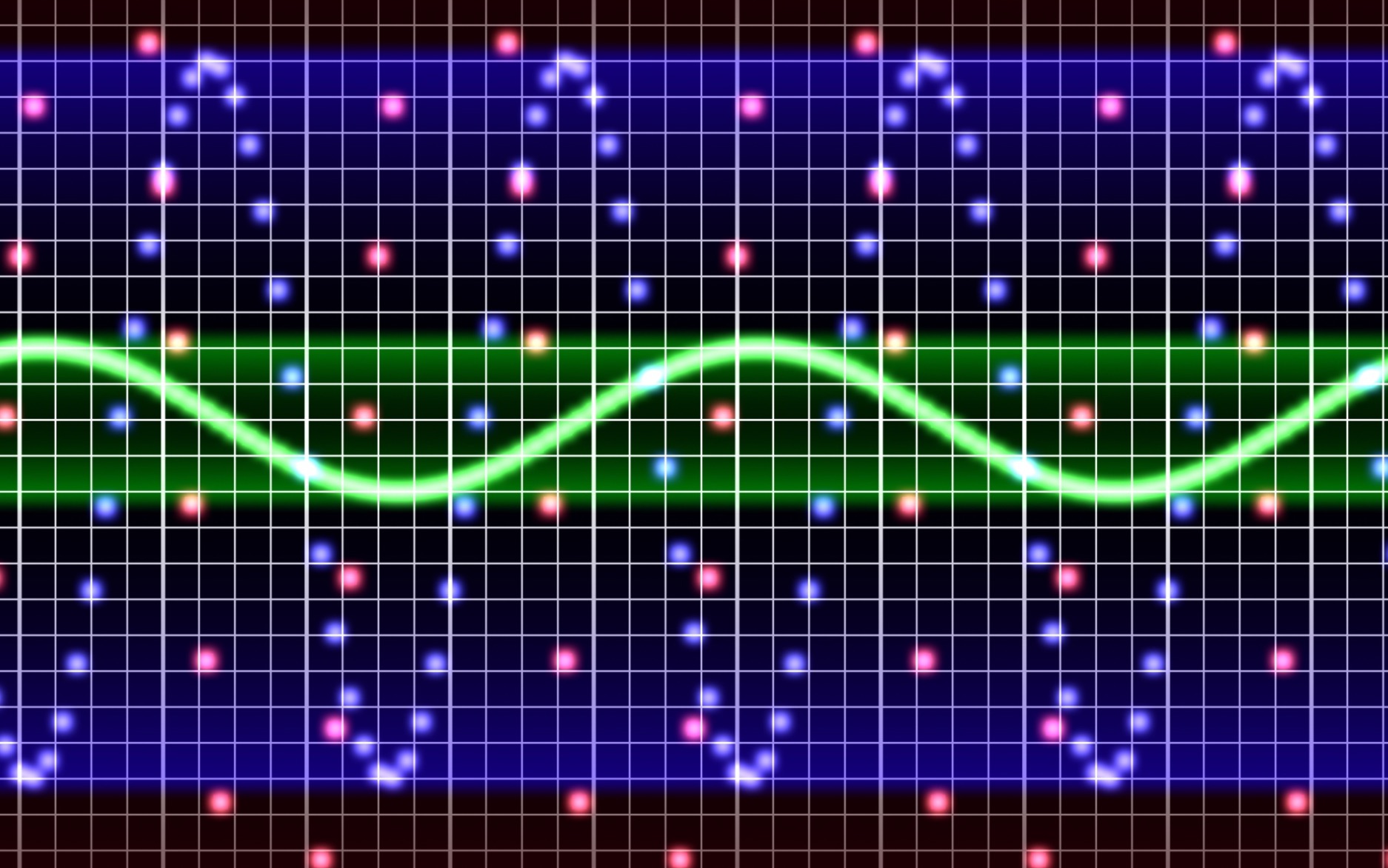A sensory mosaic to understand the environmental crisis
Nos systèmes sensoriels sont-ils équipés de « détecteurs de vie » ? Peuvent-ils évaluer la biodiversité environnante ? Comment certaines espèces réagissent à des changements environnementaux rapides ?
« Écologie sensorielle » est un nouvel enseignement pluridisciplinaire – à l’interface des neurosciences, de la psychologie expérimentale, de la philosophie, de l’éthologie et de l‘écologie – qui débute en février 2023 au sein du CERES à l'ENS-PSL.



